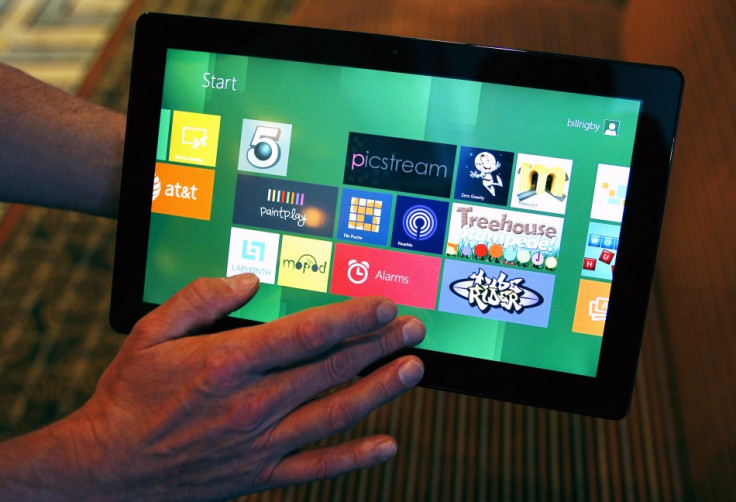Tablet Shipment Growth to Slow Down but Windows to Gain from Commercial Adoption

Growth in the sales of tablets across the globe is expected to slow down in 2014, as consumers are happy with their existing high-end devices.
According to a report from research firm International Data Corporation (IDC), total tablet market is forecast to grow 19.4% in 2014, down from 51.6% in 2013. Consumers across the globe are expected to buy 260.9 million tablets in 2014, down by 3.6% from the previous forecast.
The reduction in the forecast was due to slowing consumer purchases as hardware iterations slow and the installed base continues to grow, especially in mature markets, according to IDC.
"After years of strong growth, we expect the white-box tablet market to slow in 2014 as consumers move to higher-end devices that work better and last longer," Tom Mainelli, IDC's program vice president of devices & displays, said in a statement.
"In mature markets, where many buyers have purchased higher-end products from market leaders, consumers are deciding that their current tablets are good enough for the way they use them. Few are feeling compelled to upgrade the same way they did in years past, and that's having an impact on growth rates."
Meanwhile, the decline in the prices of tablets is expected to ease in the coming years primarily due to the growth of higher-priced commercial shipments and a consumer movement away from ultra-low cost products.
Average selling price (ASP) of tablets declined 18.3% in 2012, and they declined another 14.6% in 2013. ASPs are expected to drop a moderate 3.6% in 2014.
Commercial Shipments
Despite a decline in consumer shipments, commercial shipments of tablets are expected to grow further as more and more number of small, medium, and large businesses around the world would increase their orders.
This commercial growth is likely to benefit Microsoft's Windows over time, according to IDC.
"The choice of operating system will be a key differentiating factor when it comes to success in the commercial segment," said Jitesh Ubrani, research analyst at Worldwide Tablet Tracker.
"Though Android and iOS will remain dominant, we expect Windows-based devices to capture more than a quarter of the market as its benefits become apparent thanks to growing adoption of 2-in1s."
© Copyright IBTimes 2025. All rights reserved.






















